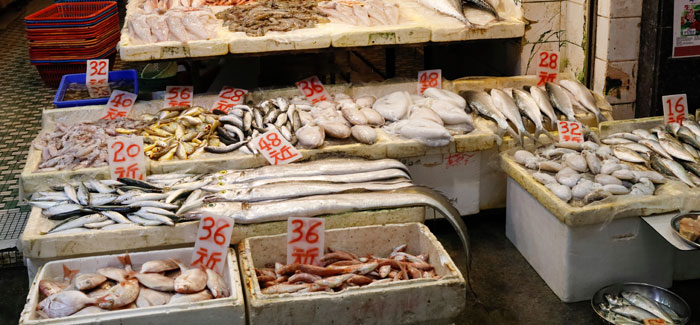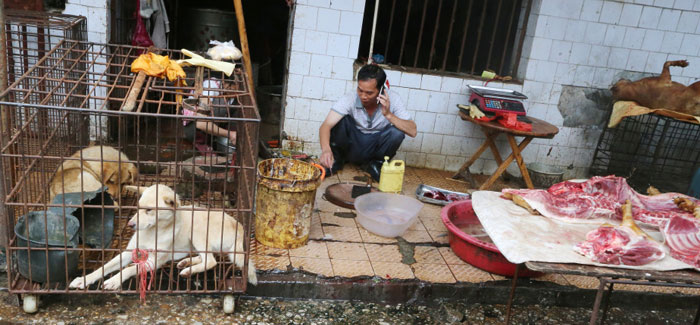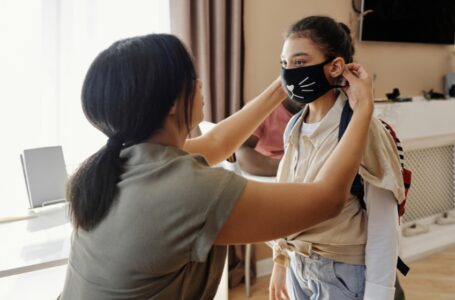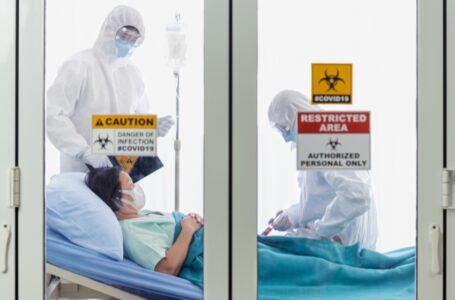Australia’s Migration Reset: Seven MEGA changes from July 2025
China’s Wet Markets to be Supervised by WHO Post COVID-19 Outbreak
The paradoxical decision of the World Health Organisation to back China’s decision of reopening it’s ‘wet markets’ has been met with criticism from Australia. The COVID-19 pandemic is said to have its source in the same markets and Scott Morrison, Prime Minister of Australia, has commented that WHO’s action is “unfathomable”.
The ‘Wet Market’ Dilemma
The Novel Coronavirus had originated in Wuhan and now has spread throughout the globe infecting 1.9 million people. The pandemic has killed almost 120,000 people spreading across 215 countries. The UN body has pointed out that the live animal markets were China’s primary source of food and livelihood for a considerable part of its population. The shops were closed for a while in January but were reopened immediately after.
Mr Morrison believes all places that can potentially spread the virus should remain closed for the general well-being of the people. He also noted that everyone is pinning their hopes on WHO to prevent further implications. The Australian Prime Minister harped on the role the wet markets in Wuhan played in the ongoing global crisis and the lack of clear actions against it.

What do the experts think?
Professor Eddie Holmes, known worldwide for his study on the viral evolution, said that the selling of caged mammals and their proximity to human beings caused the crisis. These wild animals are not meant to be domesticated in any way and might carry a virus it has picked from a bat. According to the Australian Academy of Sciences, when such animals are brought to an open marketplace and sold by humans, they risk it becoming a contagion resulting in such disasters. Shutting down the wet markets temporarily might help to curb the current problem.
What is being done?
To improve the present condition of the farmer’s markets in Wuhan, the state has decided to invest $30 million, which may not be enough. Recently, China has agreed to ban the trade of wild animals and prevent its consumption in Shenzhen. The legislature has also declared dogs and cats to be pet animals, hence not fit for eating. These changes in the national law and order of the country are yet to be seen in effect, but WHO has backed the reopening of wet markets. The World Health Organization has put forward some pointers, such as maintaining proper hygiene and adequately regulating the food in the market.

Greg Hunt, Health Minister of Australia, said that his primary lookout is to protect Australians from the pandemic. Several open letters have been sent to WHO from over two hundred conservation groups to stop the sale of wild animals in marketplaces. The US National Institute of Health has also shared similar views as the people are wary about the further spread of the virus.
The COVID-19 outbreak demands to be treated with logic and instantaneous action. Scientists around the world are trying their best to find a cure for the virus until then the governments must take the necessary steps to control it.






